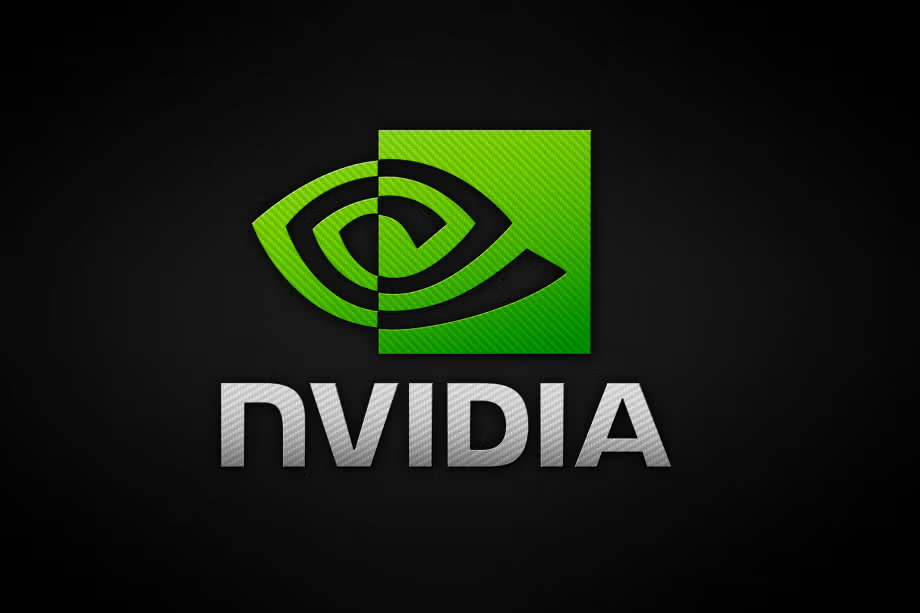Nvidia CEO Jensen Huang has confirmed that the company is in talks with the Trump administration to develop a new, compliant chip solution for the Chinese market. This move comes amidst ongoing trade tensions and restrictions on advanced semiconductor exports to China, driven by U.S. national security concerns. The aim is to navigate these restrictions while still maintaining a presence in the crucial Chinese market.
The proposed chip, potentially named B30A, is designed as a follow-up to the H20 chip. The B30A would be a less powerful variant of Nvidia's Blackwell architecture, operating at approximately half the speed of its B300 counterpart. Despite the reduced computing power, the B30A is expected to outperform the H20. The chip will feature a single-die design, integrating all major components onto one piece of silicon, which makes it easier to export under U.S. restrictions. It will also include high-bandwidth memory and Nvidia's NVLink interconnect for faster data transfer across processors, which is essential for AI training and inference processes.
Huang emphasized that offering new products for AI data centers in China is not solely Nvidia's decision but depends on the U.S. government's approval. He stated that AI development would continue globally, with or without U.S. participation, and restricting exports might only slow down the process temporarily while international competitors catch up. Allowing U.S. companies to export technology ensures America maintains its leadership role in AI.
Nvidia's strategy reflects a delicate balancing act between complying with U.S. export controls and maintaining relevance in the Chinese market. The company is actively engaging with both U.S. and Chinese authorities, addressing concerns about potential security vulnerabilities in its chips. Chinese authorities have reportedly cautioned domestic tech firms about purchasing the H20 chip, citing potential security risks. Nvidia has denied that its chips pose any backdoor risks.
The development of the B30A chip also comes in the context of China's push for domestic chip self-reliance. China is requiring its data centers to adopt more domestically produced chips, underscoring Beijing's intention to reduce dependence on foreign semiconductors.
Nvidia had only recently received permission to resume sales of the H20 chip to China after a temporary ban. The U.S. government will receive 15% of revenue from sales of certain advanced chips in China, including Nvidia's H20 and AMD's MI380.
Nvidia aims to deliver initial samples of the B30A for evaluation in China soon. The company recognizes the Chinese market's crucial significance, as it accounted for 13% of its revenue in the past year. However, there is bipartisan concern in the U.S. that easing technology sales might inadvertently empower China's AI advancements.
Looking ahead, Nvidia is also working on its Rubin chips, expected to launch between 2026 and 2027. These chips represent Nvidia's next-generation architecture for powering future AI applications and are being designed to surpass the current Hopper-based GPUs in performance and efficiency.

















